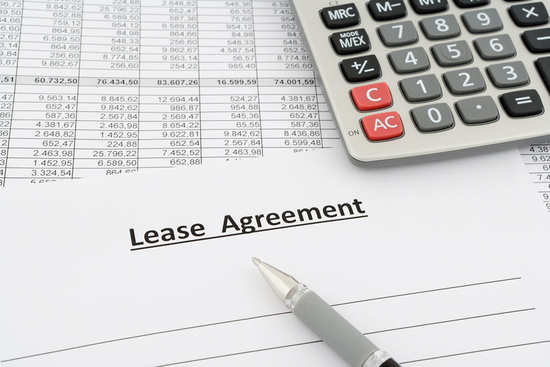
As noted in recent reports, current US Generally Accepted Accounting Principles (GAAP) as prescribed by Accounting Standards Codification (ASC 840) focuses on whether the lease transfers substantially all of the risks and rewards of ownership. The new guidance, codified as ASC Topic 842, Leases, introduces a right-of-use model, which shifts from the risks and rewards approach to a control-based approach.
In short, ASC Topic 842 requires the need to capitalize all leases or have a plan to do so before 2019 (public companies) 2020 for all other non-public companies.
The following information provided by BMO Harris provides some insight into the impact from the new rules for accounting for leases. (ASU 2016-02 Leases (Topic 842):
“Under the new FASB rules, there will be a balance sheet requirement for operating leases. They will be considered a “right-of-use” asset that incurs a liability. However, the entire cost of the asset will not be required to be on the balance sheet—only the present value of your obligated payments.
In most cases, the asset amount of an operating lease will be lower than the cost of an outright equipment purchase, which means companies will still realize benefits in terms of lower capitalization than a finance lease or traditional loan structure.
There is no change to the way finance leases (previously known as capital leases) will be accounted for. Under FASB rules, these leases are treated as debt, like a traditional bank loan. The entire liability must be recognized on your balance sheet.”
For accounting purposes, there are two types of leases: finance leases and operating leases. The major change relates to operating leases, which has been a key financial instrument for many companies. These leases used to be entirely off-balance sheet.
Impacted companies should consider taking the following initial steps toward adoption of the new lease accounting standard:
- Understand the accounting requirements
- Understand the lease population (e.g., by type, system, and location)
- Assess capabilities of existing technology
- Perform a lease data gap analysis
- Develop an implementation roadmap that includes all impacted areas
In conclusion, we highly recommend that if you already have, or are considering to acquire any leases, that you engage the services of a finance expert with an expertise in accounting for leases. A huge amount of time will need to be invested in the adoption project process and it only makes sense to engage the best possible resources available for your project.
